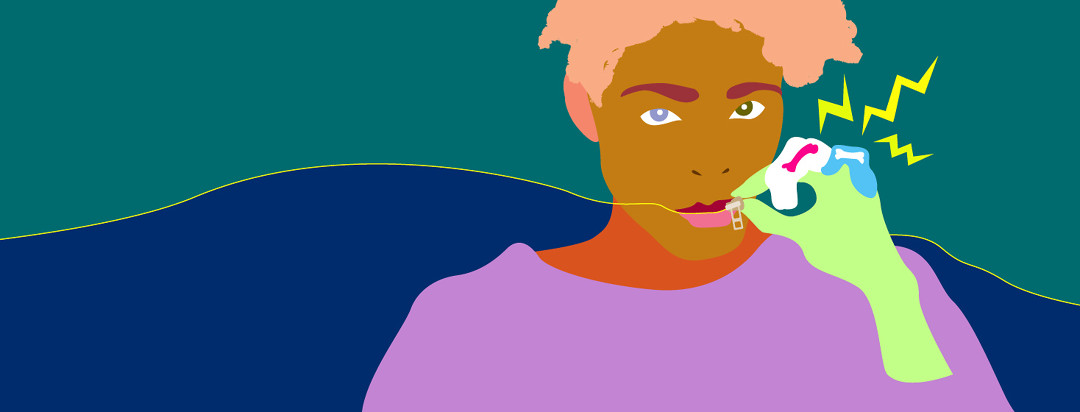Not Talking About the Pain
I know that every day I have pain. I know that the name for this state of being is called living with chronic pain. I know that my pain comes from having rheumatoid arthritis (and the resulting joint and bodily damage) for about 40 years. I know these facts. I just don’t like talking about them too much.
Generational habits of not complaining
Maybe this habit comes from my grandfather. He lived through the Great Depression on a fading farm. He went to World War II. He didn’t talk about these things much, even though they were not easy. He had stories he would tell about the farm, about repairing machinery in the war and the family that invited him to Christmas dinner after they liberated the village. But the real painful stuff was left to the imagination, the silent gaps in the conversation.
We all knew. We just didn’t talk about it. Farming in the Depression as a child sucked. I’m sure my grandfather was hungry. It was a hard way to grow up. And I’m sure he saw things in the war that haunted him—that no one should have to go through these experiences. But he was a survivor. And partly how he survived was recounting the good things and not dwelling on the bad.
Normalizing RA during childhood
There are good reasons for talking about pain, but I’m just not that kind of person. Even as a child, I didn’t complain. I must have been hurting a great deal, when at just age two, I had a large swollen left knee and limped when I walked. But my parents said I didn’t say anything about pain. I was just used to it. Maybe it came on gradually and I thought it was normal. How was I supposed to know any differently?
In many ways, it was great to have my illness normalized. When I visited my grandparents' house, my father had to carry me up the stairs. But my grandparents never said anything to make me feel different than the other grandchildren. I was just myself, even though we all knew my situation was different.
There have been times when I could not just incorporate the pain into daily life. It was when I couldn’t sleep from the pain. It was when my hips hurt so constantly that I could not concentrate. It happens on days when I wake up and the pain disrupts all thinking and functioning. I shut down and am in bed for the day. My voice disappears along with my energy. I guess I am still not talking about the pain. But it is talking for me or instead of me. It takes over.
Not talking about RA pain
I just don’t like dwelling on it because it feels to me like giving the pain too much power. If I sit still for a moment and listen to my body, I can identify the places currently in pain. I hear it. I know it. And I don’t ignore it, but I don’t give it control. On most days I both know about the pain and yet move on with my activities for the day not giving it much attention.
Perhaps not talking about the pain is a strange and unusual habit. But it is part of my coping mechanism, I suppose. I simultaneously know it is there and choose not to acknowledge it. I fear that giving it too much attention feeds the pain and would lead to excuses and inactivity—to not doing what I want to do each day. I think part of my reaction is knowing that it is always there and there is nothing I can do about it except to take as best care of myself as I can. It’s that constant companion that lets me know I am alive and have RA.
But, let’s not talk about it. Okay?

Join the conversation